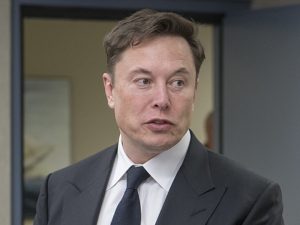On April 27, 2022, a Delaware court ruled against a group of Tesla shareholders who sued over Tesla’s 2016 acquisition of solar installer SolarCity. Vice Chancellor Joseph R. Slights decided the case shortly before retiring, writing, “The Tesla Board meaningfully vetted the acquisition, and Elon [Musk] did not stand in its way.” Had the suit succeeded, Musk could have been faced with paying more than $2 billion to Tesla (rather than to the individuals who filed the suit).
The suing shareholders alleged that Tesla’s acquisition of SolarCity was nothing more than a bailout, and that Musk had controlled the Tesla board. Musk denied pressuring the Tesla board and asserted that the merger allowed Tesla to combine its battery business with solar photovoltaics installations performed by SolarCity. During the trial, Musk called the SolarCity acquisition part of his “master plan” meant to accelerate widespread adoption of sustainable energy.
In November 2016, Tesla spent $2.6 billion to acquire SolarCity, which was founded in 2006 by two Musk cousins and backed by Musk. The acquisition occurred while Musk served as Chairman of both company boards. Aerospace company SpaceX (owned by Musk) had also purchased solar bonds worth tens of millions of dollars from SolarCity.
Tesla stock plunged more than 10% when the SolarCity acquisition proposal was announced in June 2016. In the acquisition’s aftermath, a group of Tesla shareholders who felt that Musk pushed the deal through the Tesla board filed a derivative action complaint, a case filed by investors on behalf of a corporation.
In his opinion, Vice Chancellor Slights stated, “As of trial, Tesla continued to rely on other solar companies to manufacture, produce, install, and sell parts of its solar products. In other words, the synergistic integration that Tesla hoped for is still a work in progress. Despite these challenges, Tesla’s value has massively increased following the acquisition.” The case still could be appealed to the Delaware Supreme Court.






















